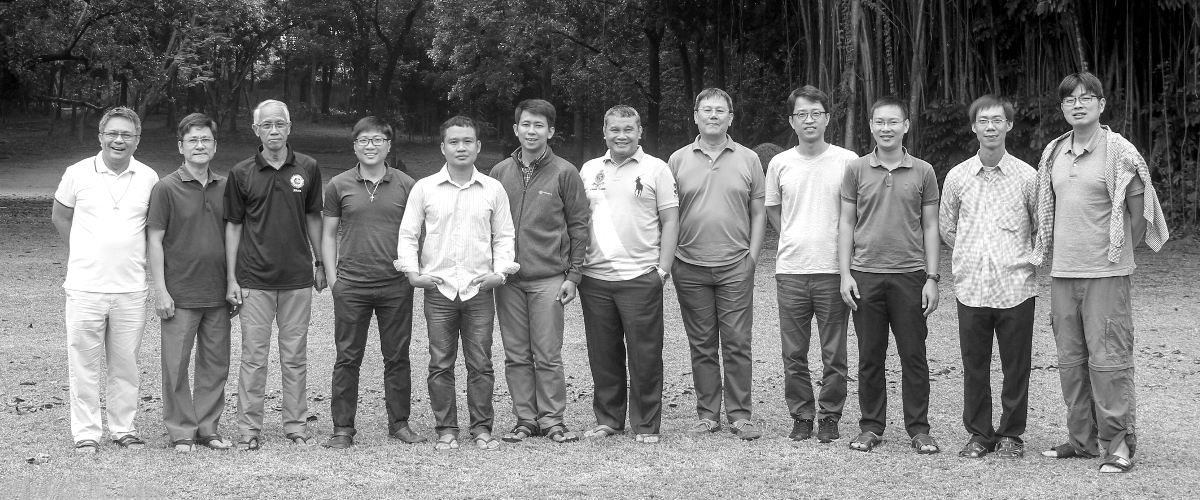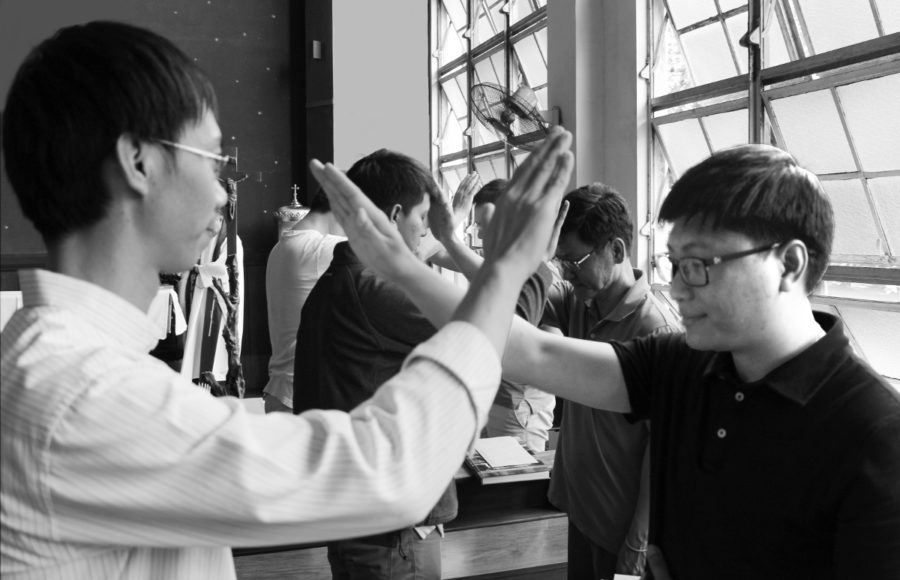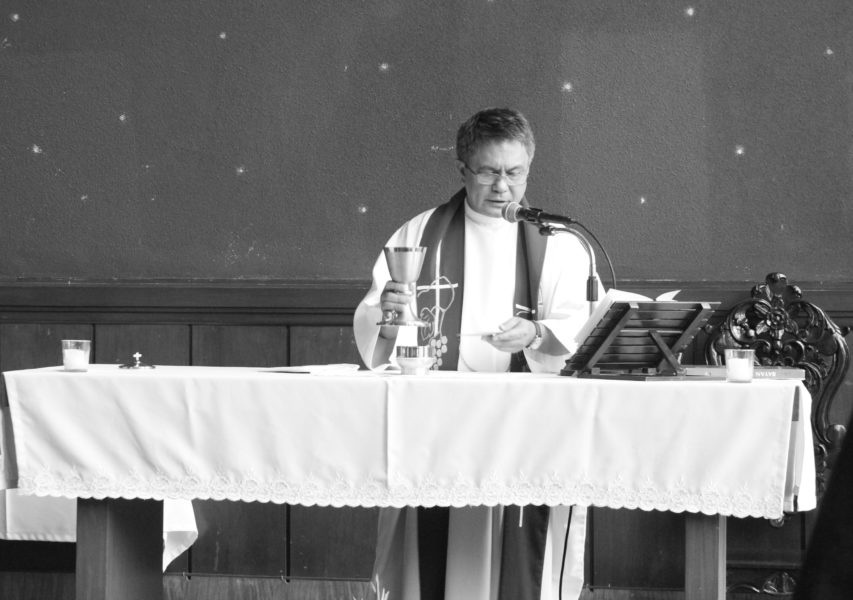
 Ignatian accompaniment and spiritual direction were at the heart of the second module of the Jesuit Conference of Asia Pacific (JCAP) Formation for Formators workshop held recently in the Philippines. A basic rhythm of prayerful reflection, sharing of personal experiences and lectures helped the participants gain a better understanding of their own experience with God and learn to help others do the same through Ignatian accompaniment.
Ignatian accompaniment and spiritual direction were at the heart of the second module of the Jesuit Conference of Asia Pacific (JCAP) Formation for Formators workshop held recently in the Philippines. A basic rhythm of prayerful reflection, sharing of personal experiences and lectures helped the participants gain a better understanding of their own experience with God and learn to help others do the same through Ignatian accompaniment.
The Center for Ignatian Spirituality (CIS) facilitated the workshop held from August 19 to August 29 at the beautiful and quiet Sacred Heart Novitiate and Retreat Center in Manila. The 11 participants came from Vietnam, Thailand, Korea, Indonesia, Singapore, Australia and China. They were accompanied throughout the workshop by JCAP Formation Delegate Fr Riyo Mursanto SJ and CIS Executive Director Fr Silvino Borres Jr SJ. JCAP President Fr Antonio Moreno SJ was also present during the first day to welcome them.

The variety of their backgrounds proved to be an enriching experience for the participants, who were nonetheless brought together by their unique Jesuit charism rooted in the life of their founder, St Ignatius of Loyola. The opening session focussed on “How God accompanied St Ignatius”. CIS Formation Director Fr Noel Vasquez SJ traced Ignatius’ inward journey towards God and then described how this inward journey later turned outwards as St Ignatius became motivated by a passion to “help souls”. He invited the participants to personally relate to St Ignatius’ experience by reflecting on how God had led them inwardly and outwardly to Him. Using the words of Etty Hillesum, Fr Vasquez reminded them to constantly reflect on how God is leading them: “If you want to teach others how to live, you must take yourself in hand. You have to go on taking stock of yourself.”
The second day was devoted to spiritual direction. Fr Borres gave a brief review of the traditions in Church history, the definition of spiritual direction and how it differs from other types of accompaniment like counselling, and the qualities of a spiritual director. In the next few days, the discussions dealt with how to conduct spiritual direction. Eva Galvey, co-founder of the Emmaus Center for Psycho-Spiritual Formation, defined what a religious experience is and then gave the criteria for evaluating whether a religious experience is authentic or not. Recognising an authentic relgious experience is crucial because “spiritual direction at its core is about helping a person to recognise an experience of God… and to respond to it more fully,” she said. She also pointed out various blocks and resistances in spiritual direction.

Training consultant Monchito Mossesgeld shared on basic helper skills, such as attentive listening, empathic responding and probing to further help the participants in their ministry of spiritual direction. His interactive approach and the numerous case studies he presented elicited active discussion in the group.
Fr Ramon Bautista SJ, Asia Pacific tertianship co-instructor, gave a short yet insightful lecture on the discernment of spirits and election, quoting scriptural as well as living examples. The same topic was expanded by Fr Borres who reminded the participants of the difference between feelings and movements regarding spiritual consolations and desolations. Several cases of discernment were presented and discussed after that.
Finally, the workshop dealt with ethical guidelines and supervision in spiritual direction given by Center for Family Ministries President Fr James Gascon SJ and CIS Associate Tina Mossesgeld, respectively. Fr Gascon admonished the young Jesuit priests of the possible danger of blurring the boundary of confession and spiritual direction. “You may be automatically excommunicated due to the breaking of the sacramental seal,” he cautioned.
The nine-day workshop might have been too short for a topic as serious and broad as spiritual direction, but it was undoubtedly very fruitful. “It really helped me a lot, ” said one of the participants, “especially in understanding the qualities required of a spiritual director and the importance of spiritual experiences. Moreover, the skillls of emphatic responding, probing and managing resistances will certainly help me to improve as formator.” As Galvey commented, these are not just skills that are easy to use, “you have to practise until they become your second nature”.

